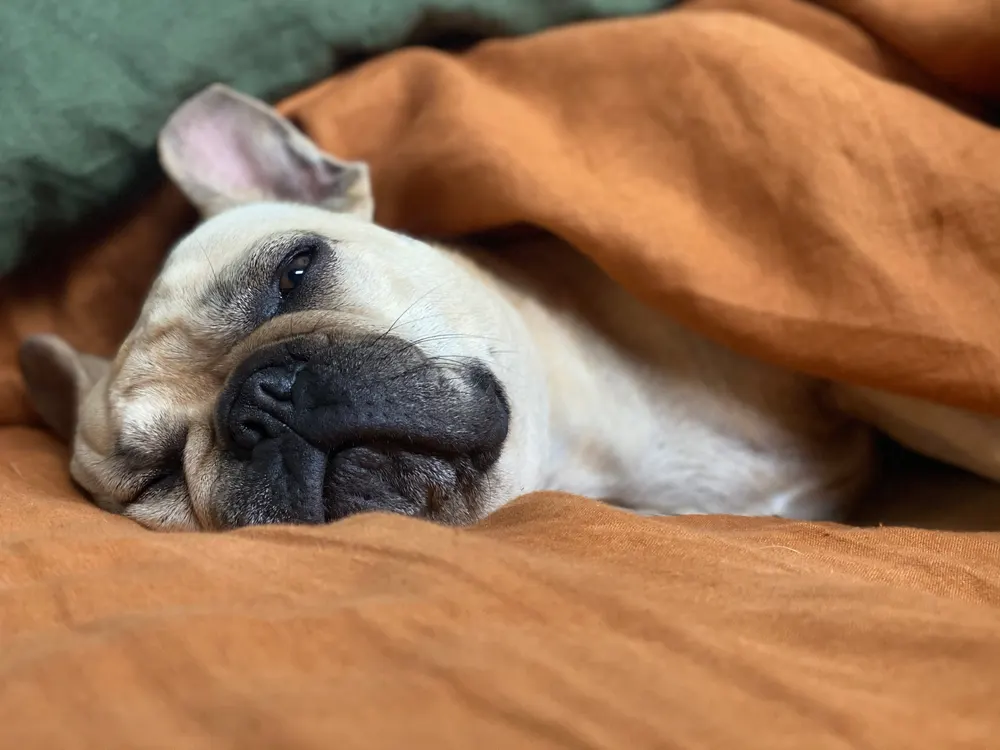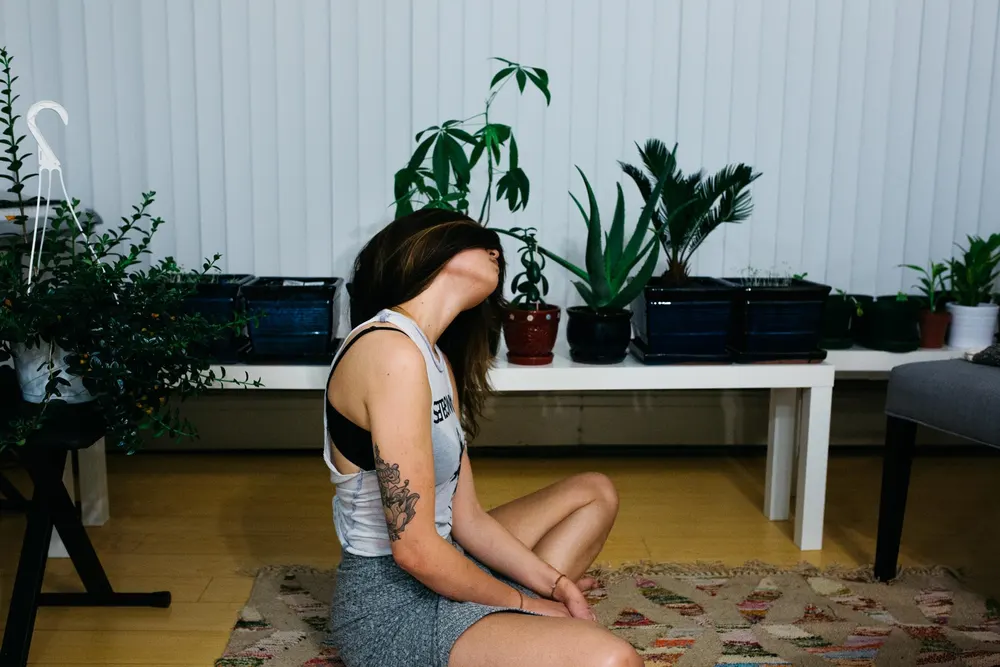
Since 1983, psychologists know about the paradoxical phenomenon of relaxation-induced anxiety; something that is meant to be relaxing, actually makes you feel anxious. Sometimes, relaxing can even lead to panic attacks. Many people experience this – studies report about 15% up to 50% of the general adult population. These numbers are likely much higher in people with (chronic) anxiety. So, if this is you, you’re not alone.
Relaxation is part of anxiety treatment
Learning how to relax using relaxation techniques is always part of anxiety treatment in one way or another. It might be meditation, mindfulness, and/or self-care. That’s why it can be very frustrating for someone with anxiety to experience this relaxation-induced anxiety. Obviously, you know that relaxing now and then is good for you, especially when you feel anxious a lot, but it’s easier said than done.
During the period that I experienced panic attacks, I felt tense all the time. It felt like: “I can’t even relax for a few minutes or it gives me more anxiety, even though I know that I need to relax more. If I can’t even relax for one whole minute, how can I ever stop being anxious all the time? I’m helpless.”
Why can relaxing lead to anxiety?
There are several reasons why relaxing in some people leads to anxiety.
- Relaxing feels exposed and vulnerable. When you are anxious often, your muscles are constantly tense. This is often particularly true for your shoulders and jaw. You have your guard up all the time, and it feels unsafe to let your walls down.
- You associate feelings that accompany relaxation with a lack of control. We as humans hate the feeling of not being in control. Especially when experiencing panic attacks, it makes you feel like you don’t have control over the intense anxiety, and you – understandably – want to avoid that feeling at any cost.
- You have forgotten how it feels to be calm. It’s an unfamiliar feeling that scares you. Maybe you have been living with constant (mild) anxiety for weeks, months or even years. It’s unusual for you to feel relaxed; it makes you feel uncomfortable and as a result, it kicks off an anxiety response.
- You prefer to always be in a tense state instead of a calm or happy state, so that if a bad event would happen, you won’t be caught off guard if it happens. (study)
- You believe that you don’t deserve to relax. Relaxing makes you feel guilty. Often, we feel like we should always be busy, otherwise, we believe that we’re not good enough.

If I can’t relax, should I stop trying to relax?
Every time we try something new, it can feel scary. Relaxing is new to you. Your body and mind are not used to it. Look at relaxing as a skill, a muscle, that you need to grow and develop. It’s not something that most of us are able to do naturally, but there is a good reason why relaxation in some form is always part of anxiety treatment; it’s an essential part of recovery. It is exhausting for our bodies to be in an ongoing continual state of hyperarousal. The longer and more often you feel anxious, the less is needed to get overstimulated. Often, people have been under too much pressure for a prolonged period of time without giving themselves sufficient opportunity to recover. (see also)
The more you tense up and feel anxious during relaxation, the clearer sign this is that you need it.
Schedule time in your calendar for relaxation, just like you would schedule a time to see a friend. It doesn’t have to be more than 15 minutes a day. If it’s just one of the to-do things on your list, you won’t feel guilty about “not doing anything”. Cry, scream into a pillow if necessary. Whatever emotions come up, let them be. Write or journal about your experiences and see the progress you’re making.
Don’t worry about feeling anxious during relaxation. You are always capable of coping with whatever happens in that moment. It takes time to get comfortable. It might take a few weeks or even months. Just like with any other new healthy habit, sometimes it’s one step forward and two steps back. That is ok. Keep showing up for yourself and be kind, always.
“Mindfulness is a skill, not a quick fix. You need to learn how to relax. For many of us, it’s not something that we are able to do naturally. The more you do it, the easier it will get.”
If you need a helping hand with implementing mindfulness and relaxation into your life, you can have a look at The Program here. It’s a self-help program for people who experience anxiety and/or panic attacks. You will make progress in small, but significant steps.